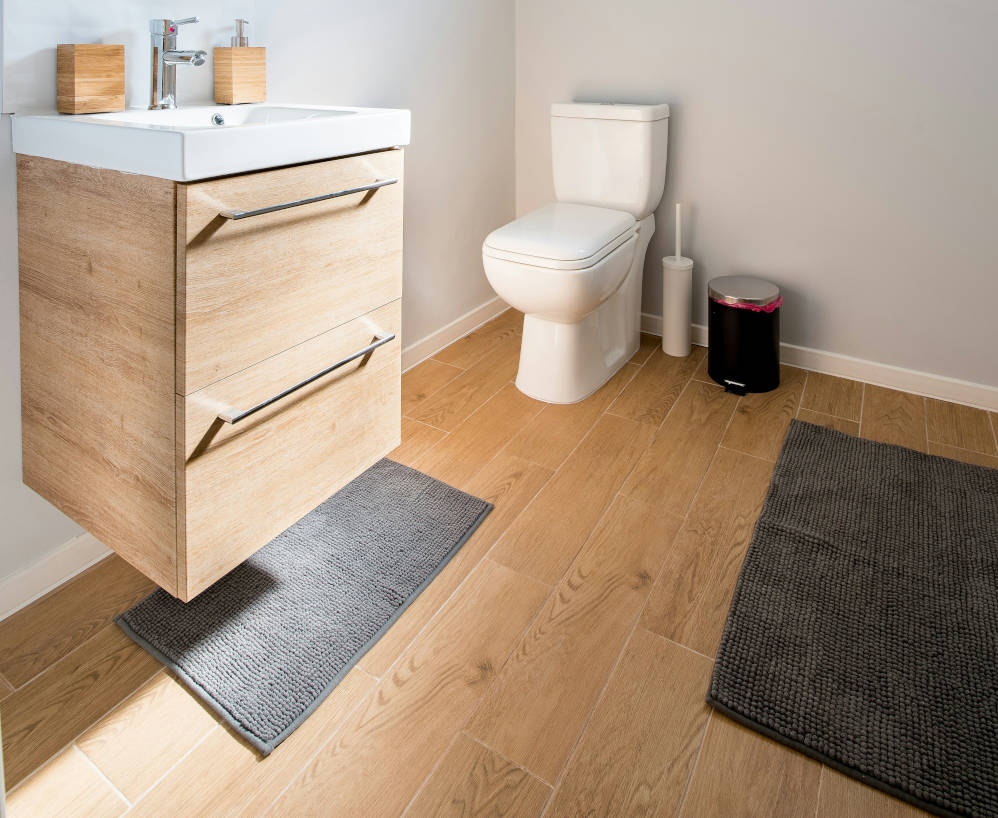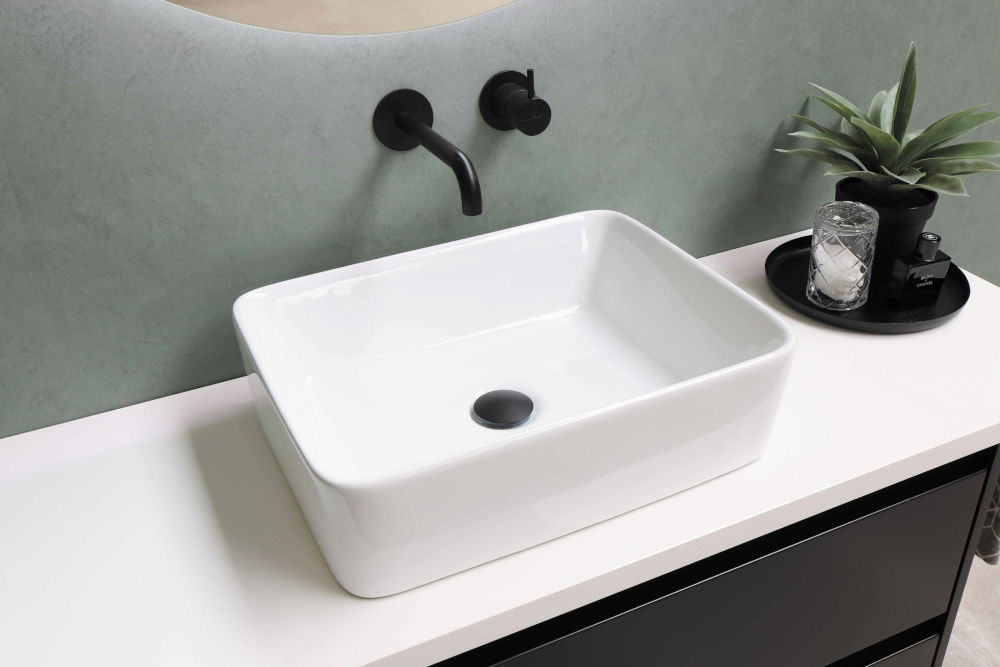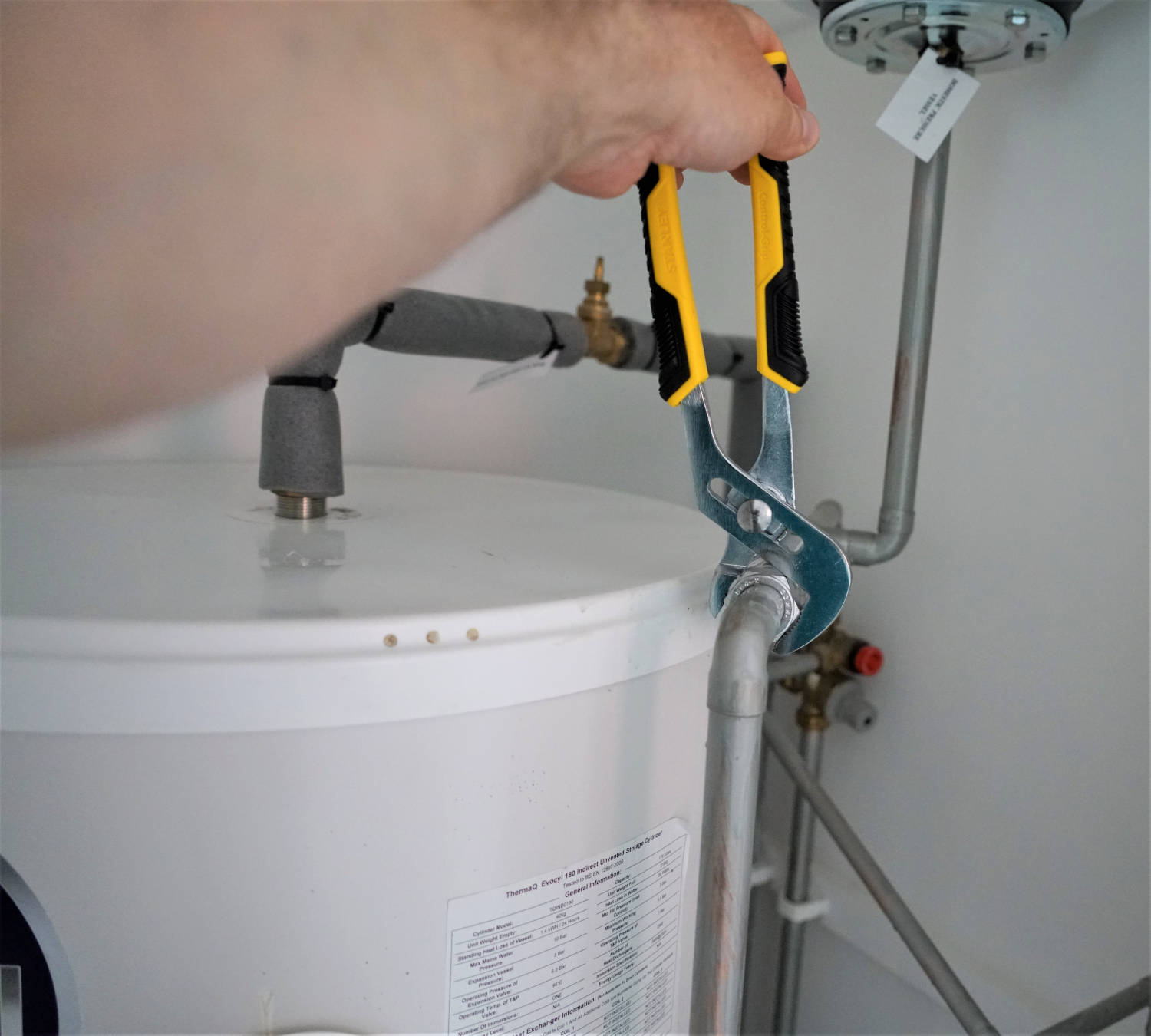The cost of a plumber depends on quite a lot of factors, and it isn’t as simple as say a subscription to music streaming services. However, we’ve done plenty of research that will help you gauge how much you could be expecting to pay for a plumber.
The table below shows you a UK wide view of average plumber costs, but take it with a grain of salt as there are many factors to consider as we outline below.
| Low | Average | High | |
|---|---|---|---|
| Hourly Rate | £40 | £60 | £75 |
| Day Rate | £200 | £320 | £500 |
| Emergency Call Out | £80 | £120 | £150 |
Find a verified plumber near you.
Easily get quotes from verified, local tradespeople.
So, what does affect the cost of a plumber?
- Company type
- Location
- Type of job
- Length of job
- How many people are needed
- Specialism of job
- Experience
- Materials
- Age of property/pipework
That’s quite a lot of variables that are going to affect specific jobs, so we can only provide an average cost in general that can be used for gauging/benchmarking potential quotes from companies/individuals.
Before jumping in here are some of the top jobs that plumbers carry out, click on the links for more detailed pricing of each specific job:
- Drain Unblocking Cost
- Leaky Pipe Repair Cost
- Cost to Fix Low Water Pressure
- Cost to Fix A Toilet
- New Bathroom Cost
Company Type
The very first thing that is going to affect the cost of your plumbing job likely isn’t what you think it is. The type of company you’re getting a quote from is going to play an important part in the price.
Different types of companies will have different costs behind the scenes.
An independent plumber often known as a ‘one-man-band’ is going to have less overheads and business expenses than a regional company, and again they will have less expenses than a national chain of plumbers.
There are of course pro’s & cons of using each different type of business.
An independent plumber might be cheaper for smaller jobs and might have close ties with the local merchants. They could also have much more flexibility in time scales to get a job done.
A larger company is going to be spending more on taxes, marketing, operational expenses and so on, that they need to cover through jobs so they might be a bit more expensive, they may also have less flexibility in time scales, but they are likely going to be better equipped to larger jobs and have better contracts with larger suppliers or chain stores which means you might be able to get materials at a better price.
Larger companies might also have financing options available to them.
All plumbers, whether small or large companies should be operating with adequate levels of Public Liability Insurance.
All types of business may offer a guarantee/insurance on their work too – that is also going to impact your job price.
Location
As is the case with most things, where you live is going to play a part in the cost of a plumber. London on average, being around 15-20% more expensive if not more than other locations. Additionally, those in rural locations might find their costs are also more expensive due to additional travel & transportation of goods/materials that also needs covering.
The change in cost per location will be regionally dependent, some areas in the UK have a lower cost of living than others.
Type of job
Another factor that plays into the cost of a job is what type of job it is. Fixing a leaky tap is very different from replacing a toilet. Below are 4 key things that determine the different prices between different jobs:
Find a verified plumber near you.
Easily get quotes from verified, local tradespeople.
Length of job
If a job is likely to take an hour, you’ll be looking at the hourly price of the job. Typically an hourly rate of a plumber can be anywhere between £25 & £60 an hour.
If the job is likely to take a full day to complete then you will likely be paying a full day rate – you might find this is actually slightly cheaper than a plumbers usually hourly rate though, and that’s down to the fact that your plumber doesn’t have to worry about travelling between different jobs they don’t need to factor travel time & fuel into the pricing.
How many people are needed
The number of people needed for the job is also going to play a part in the overall cost. Where fixing that pesky leaking tap should only require one person, you may find that something more complex like replacing some pipework may require multiple people – unless your plumber is happy to tackle the job on their own and take longer.
You may also find that your plumber has an apprentice, so don’t be alarmed if 2 people turn up to replace a tap! The cost of the apprentice is likely to already be worked into the overall price of the job.
Specialism of job
Some jobs require more specific, technical knowledge. Dealing with gas for example requires a Gas Safe Certificate, and jobs within certain skillsets or niches means there may not be as many people in your area that carry out those jobs, leading to a more expensive cost.
Don’t forget, your plumber will have had to go through lots of additional training, accreditations/examinations, and time, to be able to do these jobs – all of that needs covering.
Emergency vs Non-Emergency
Lastly, and by no means least, if your pipe bursts at 2am in the morning then an emergency plumber is likely going to charge you much more than they would for a non-emergency job.
After all, would you get out of bed that time in the morning for your usual hourly rate?!
Experience
As touched on a little earlier within the ‘specialism of job’ section, a more veteran plumber is likely going to cost you more despite the fact they could do your job more quickly, it is likely to benefit you as much as it is them. If you’re okay with waiting an extra week or two before getting that shiny new sink installed for a lower cost, that’s your judgement call to make. Of course, something can’t wait and thus paying slightly more for a quicker turnaround might make sense for you.
Materials
The cost of materials is one of those things that is going to vary depending on where they are sourced, what materials are specified, if they are subject to taxes from being imported, usual inflation and so on.
Your plumber will usually prefer to purchase the materials themselves and then charge you for them as part of the job – and you may find in some cases this is cheaper than buying it yourself as the plumber might have a discount from suppliers that you don’t have access to.
You may also find that you can purchase the materials needed cheaper than getting your plumber to supply them – but always check with the plumber carrying out the work before ordering as they may not be comfortable with doing so.
There could be any number of reasons why; such as, if you have purchased material and they accidentally break during fitting/delivery then this could set your plumber back while awaiting re-delivery – and that leaves your plumber in a sticky situation of who pays for the replacement? You don’t want to end up arguing and losing your plumber because he was not happy with the quality of product supplied.
Find a verified plumber near you.
Easily get quotes from verified, local tradespeople.
Age of property/pipework
One of the final things to consider when factoring the cost of a job, is how old the property/plumbing equipment is for the job. If you live in a very old house there may be certain restrictions in place regarding building work, which means your plumber might have to take a much longer time than they would on a newer house, which inevitably is going to cost more.
On top of that, they may find other problems that need to be resolved whilst carrying out the work which again is going to add to the cost.
-

Underfloor Heating Installation Cost
Published:
—
by
The average cost to install underfloor heating in a 6m2 room is £1,060 for electric, or £1,420 for wet.
-

New Sink Installation Costs
Published:
—
by
The average cost to install a new sink or basin is £230, but ranges from £90 – £940.
-

New Plumbing Installation Cost
Published:
—
by
The average cost to install new plumbing is £30 per m2, but ranges from £25 – £50 per m2.

